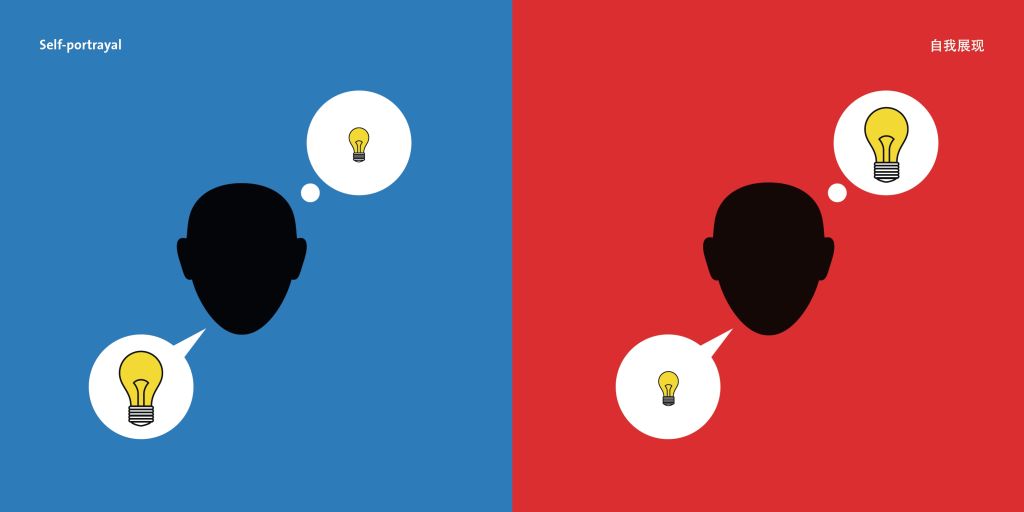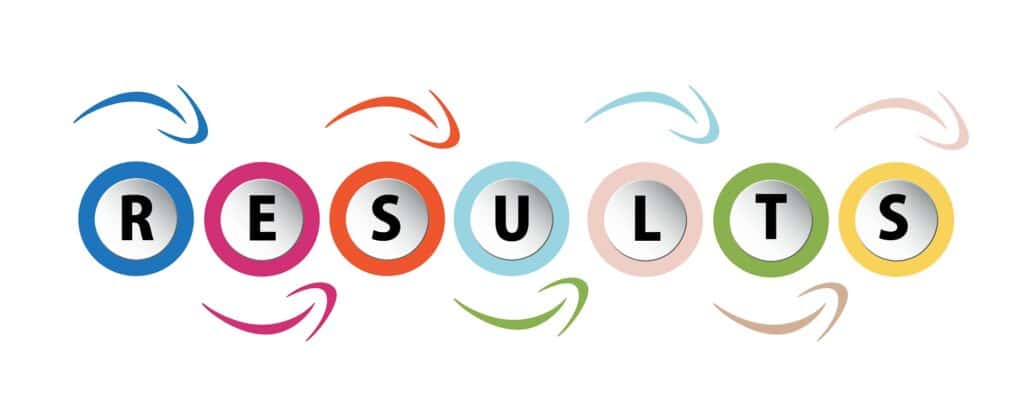I recently came across a fascinating book – Cultural Foundations of Learning, in which Chinese-American scholar Jin Li claims that Western and Eastern approaches to education are driven by fundamentally different paradigms of thought. It’s a fascinating idea.

Li’s claim is that for Westerners, learning is essentially a cognitive process of coming to attain a better understanding of the universe, whereas for Asians it is a matter of self-improvement and striving for moral self-perfection. As evidence, she cites many sources, including patterns of speech between parents and children, sociological research and many anecdotes. She even marshalls University mottos to show the difference; Harvard’s motto is “Truth”; Yale’s is “Light and truth.” Fudan University, by contrast, has: 博學而篤志,切問而近思, which (she claims) means “to learn extensively and adhere to aspirations, to inquire earnestly and reflect with self application”, and Nanjing’s motto is “Be sincere and hold high aspirations; learn diligently and practice earnestly”
According to Li, Chinese tradition has always claimed that the best scholars may triumph over hardship through determination. This ancient wisdom is corroborated by recent research, and fits perfectly with our current understandings about resilience and a growth mindset. But that doesn’t mean understanding the universe isn’t important – Li cites the story of the scholar who tied his hair to a ceiling beam so he could study through the night; whenever he nodded off and his head dropped, the yank of his hair kept him awake. This scholar was clearly not aware of the latest research on sleep patterns and the
cognitive effects of sleep deprivation; perhaps some ‘Western’ understanding of medical science would have done him a world of good!
So it’s not one or the other, and honestly, I’m not enough of a scholar to be able to evaluate this as a genuine reflection of cultural bases of learning – while it rather feeds into my own image of the Eastern Sage, I am mindful of the internal complexities and varieties of both Eastern and Western cultures, and am wary of easy generalisations. I wonder, for example, if Cambridge’s motto of “From this place, we gain enlightenment and precious knowledge” is evidence for or against Li’s thesis; or where the Tiger Moms fit in with this picture.
But the book did get me thinking about our own school’s identity, which is at the heart of everything we are trying to create for our students. As a teacher I have always thought we need to combine the best of the old and the new; and to re-interpret what we know in light of recent thinking and ideas. I was struck, on joining UWCSEA many years ago that we seemed to combine the best of an progressive western, liberal culture with strong eastern discipline and confucian work ethic (of course it’s a little facile to equate eastern with traditional, and western with progressive, but that’s how it appeared to me at the time). This seemed to me to be at the root of a terrific school which was grounded in solid virtue while striving to quickly evolve and adapt to new circumstance.
So I am fascinated that Jin Li seems to be reflecting two strands of thought that we seek to capture in our Learning Programme. As well as excelling academically, we want to develop decent human beings – and this is, of course captured in our UWCSEA profile. We are actively trying to develop sages – that is, students with moral and intellectual states. The sincerity, diligence, perseverance, concentration and respect for teachers that are required to do this are both part of the product we arrive at, and the process by which we arrive at there. These virtues are neither exclusively western nor exclusively eastern, and both traditions seek attainment in intellectual and ethical domains.
Of course Jin Li is well aware of all this. Moral perfection without knowledge can be close to naivety, and understanding the world without moral purpose risks corruption. We need both for ourselves, and for our students, and she puts it beautifully:
“There really is no need for a Faustian either-or bargain. It is quite possible to obtain knowledge and to retain one’s soul. “


